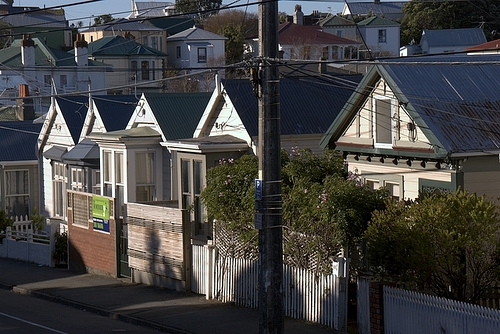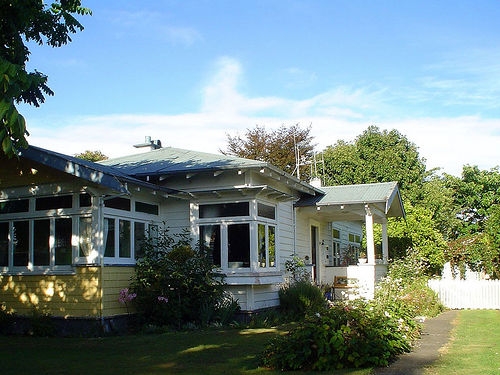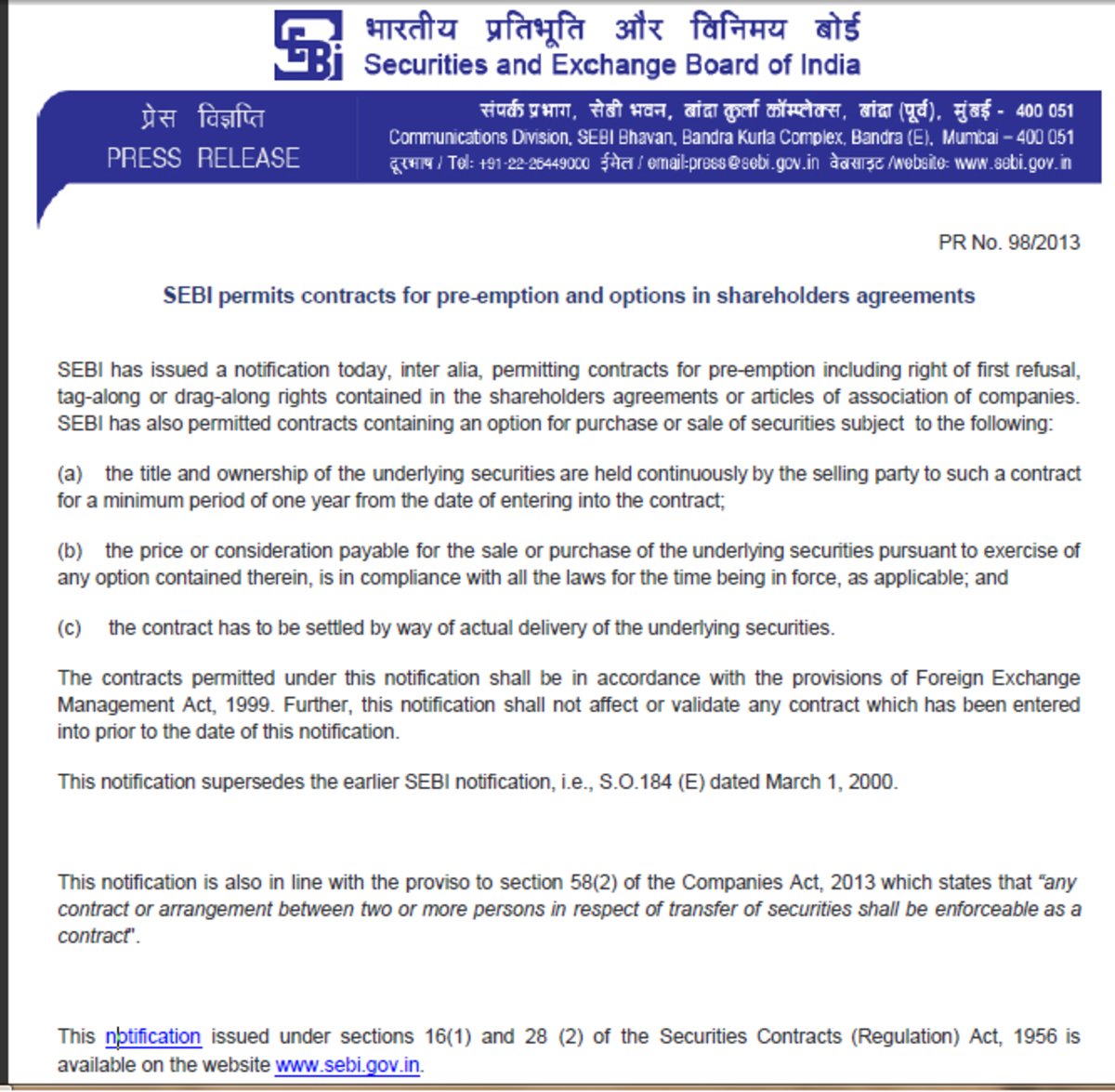New Zealand Property Investment
Why NZ ? Why New Zealand Property?
Why invest in New Zealand property? New Zealand is a stable, western democracy, a member of the British Commonwealth, a tiny country of 4 million people in the South Pacific. Property has always been New Zealander's favourite investment for some very logical reasons. New Zealand has some of the most investor-friendly property investment environment in the Western world.
New Zealand's Economy
New Zealand is still primarily an agricultural producer: dairy, meat, vegetables, fruit, wine, New Zealand makes huge quantities of it very efficiency.
New Zealand also has a vibrant tourism industry based around scenery made world famous by the Lord of the Rings movies, combined with skiing, water sports, and every kind of adrenaline pumping activity: New Zealand did invent bungy-jumping after all!

New Zealand is experiencing a bit of mini-resource boom with lots of off-shore oil and gas exploration but it would be fair to say that NZ is not a mining powerhouse like it's near neighbour Australia. Little of its domestic manufacturing industry has survived one the most open, free markets in the world.
The economy is currently booming with unemployment at historic lows. New Zealanders are a mobile bunch thanks to the right to live and work in Australia, but also with many having ancestry rights to live and work in the UK or Ireland. On the other side some Pacific Islanders have rights of abode in New Zealand, as do Australians. Immigration is one of the important drivers of the New Zealand property market.

What makes New Zealand a Good Place for Property Investment
Stable government. New Zealand has elections every 3 years and normally governments run their full-term. A change of government rarely leads to U-turns on economic policy with both main parties: Labour and National being centralist in their policies.
International surveys regularly rate New Zealand as one of the cheapest places to do business and least corrupt.
New Zealand has a stable, sophisticated banking system, which is familiar with lending to overseas investors. Due to the straightforward tax regime for property investment most investors use interest only loans either fixed rate or floating. A "flexi-loan" combines a floating rate mortgage with a current account.
There are few controls on foreigners buying property in New Zealand. Overseas investors only face controls if they wish to buy large tracts of agricultural land. There are no restrictions to buying normal residential, commercial or industrial property. Foreigners can either buy existing property or build on land they have purchased.
New Zealand has an economy sufficiently different from many other Western countries to make it a good place for overseas investors to diversify and spread their investment risk. For example after the September 11th attacks in the US, New Zealand property had a strong upward swing as many expatriates either returned to New Zealand or at least re-invested in New Zealand.

Risks of Investment in New Zealand Property
New Zealand has an economy smaller than many US States or even large cities! It is therefore vulnerable to external shocks - after the 1988 share market crash - New Zealand took the longest of all western countries to recover the losses made.
The predominantly agricultural economy is vulnerable to introduction of imported animal and plant diseases. New Zealand has some of the strictest quarantine regulations in the world as you will notice on arrival.
Related to this is New Zealand's interest rates tend to be higher than those in the Eurozone or US. Investing in New Zealand means that you are vulnerable to exchange rate changes between your home currency and the NZ$. The main way to mitigate this risk is to borrow for property within New Zealand rather than transferring capital from overseas. Interest rates and exchange rates are related, as the interest rate increases so does the NZ$ against major currencies - hedging your exchange rate risk.
New Zealand has a temperate country which does not suffer cyclones or tropical storms. It rarely snows outside of the the ski resorts. New Zealand does have active volcanoes but they won't affect any major population centres. The entire country is vulnerable earthquakes, particularly Wellington. So long as your have building insurance the government under-writes natural disaster losses, including earthquakes to full replacement value of the property.

New Zealand's Property Stock
Oddly, known around the world for its beautiful countryside, New Zealand is a very urban population. Greater Auckland has approximately 25% of the country's population at over 1 million. Wellington accounts for another 400,000, while Christchurch is the smaller of the 3 main centres.
British settlement of New Zealand started in earnest from the 1840's, and almost all of the current housing stock is less than 100 years old. New Zealand has a varied housing stock which has traditionally been made of wood. Wood initially was abundant and cheap. More importantly, once Wellington, initially built in brick, was destroyed twice in its first decade by earthquakes, the town was re-built in wood and the pattern was repeated across the country. Roofing is traditionally corrugated iron. Unfortunately the combination of wood/iron and a temperate climate means that New Zealand's houses are traditionally damp and cold.
Until the re-development of central cities in the last 15 odd years almost all of New Zealand houses were stand-alone. Terraces are rare and traditional semi-detached homes were considered "half a house" though the current generation appears to have moved past this particular
Buying any property built prior to 1930 means that you are buying a labour of love rather than an investment! From the late 1940's through to the 1960's the government built huge numbers of houses, known as State Houses. These houses have subsequently pasted into private ownership and the term State House is now recognised to mean a very well built and designed house.
Any house built before 1930 will have no insulation. Any property built in the last 20 years will have modern insulation. Houses built between 1930-1990 may or may not have insulation. Double or triple glazing is still very, very rare and expensive. Houses tend not to have central heating, mainly because of running costs. Heating is usually electric or gas.

New Zealand's Tax Regime for Property Investment.
New Zealand has no sales tax on property or mortgage transactions. The only direct property taxes are property rates which are levied by local Councils to provide Council services such as roads, water, rubbish collection and community services such as libraries. Rates are based on the value of the property and would vary between NZ$1500 and NZ$3000 per annum for a typical median value house.
New Zealand allows unlimited deductiblity of property losses against other New Zealand income, obviously including rental income. This includes depreciation of buildings and fittings. If there is no other New Zealand income to off-set the loss then losses are carried forward.
Other deductions typically made by New Zealand property investors are:
- mortgage interest, not capital repayments
- insurance of the property
- property management fees repairs and maintenance; but not improvements, these have to be capitalised and depreciated.
- accountancy fees
- valuation fees
- bank fees
- property rates
- lawyer fees associated with financing, not purchase of the property
- relevant magazines, books at fees for Property Investment courses
- reasonable travel and expenses for managing property portfolio - your next New Zealand holiday could become a tax deduction!
New Zealand has no capital gains tax for most property investors. So long as property is bought for long-term income rather than short-term purchase and re-sale the capital gain is not taxable, nor is any capital loss claimable. In practice so long as the investor is not in the business of buying and on-selling "flipping" properties, or buying, renovating and quickly re-selling the property you are unlikely to pay capital gains. This area of the law is complex, intention at time of purchase is the key and it is wise to consult a New Zealand accountant PRIOR to any purchase.

New Zealand's Tenants and Tenancy Laws
Approximately 70% of New Zealanders own their own home, most with a mortgage. The other 30% of New Zealanders represent your potential customer as a landlord. As in many countries most renters are younger and on lower incomes than homeowners.
Rents are quoted as weekly figures and are usually paid weekly or fortnightly in advance. A landlord can only charge a maximum of four weeks rent and bond in advance.
Bonds are lodged with an independent authority and both landlord and tenant have to agree to repayment at the end of the tenancy.
Traditionally tenancies have been periodic - with no fixed end date and with the tenant having to give 21 days notice of termination the landlord 42 days. However more recently and particularly with more expensive properties tenancies may be fixed for 6 or more often 12 months. During that period the rent cannot be increased and the tenant is liable for the rent even if they leave the property.
New Zealand has a generous welfare system which pays those who are ill, unemployed or raising children without a partner. All New Zealander's receive an non-means tested pension at age 65. If your tenant is a beneficiary the current levels of benefits means that your rent needs to be NZ$170 or less a week. Beneficiaries with a poor credit record can arrange to have their rent automatically paid before they receive their benefit - guaranteeing the payment.
- PropertyTalk.com
PropertyTalk.com is a free and independent property investment web site for property investors. We have loads of resources for the property investor including free articles, property news and the most active forum in New Zealand
Disclaimer
I am not an accountant, mortgage broker, real estate agent or lawyer. I am however a New Zealander who has invested in NZ property for over 5 years and currently own, along with my partner, in excess of NZ$2 million of residential property, over 8 houses. Are you considering property investment? Overseas, in New Zealand or elsewhere? I'd love to hear from you - please leave a comment below. What else would you like to know about the NZ property market - again leave me a note!
I suggest that prior to making an investment you seek out professional advice but a good place to start is the propertytalk forum for NZ property investors.
New Zealand's Biggest City's Councils
- Auckland City Council
Information about Auckland City Council, its functions and the services it provides. - Wellington City Council
Information about Wellington City Council and New Zealand's capital city. - Christchurch City Council,
Christchurch's City Council official website.
- Quotable Value NZ
QV is New Zealand's official valuation company. Property reports are not free but can be good value.
New Zealand Government Departments
- Inland Revenue - Te Tari Taake
The New Zealand Inland Revenue website provides information and services related to taxes and specific social policy services we administer. - Companies Office
Part of the Ministry of Economic Development. Allows you to register a New Zealand company and file annual company returns
Property Sale Sites
- Trade Me Property - New Zealand Real Estate
Trade Me is New Zealand's leading shopping website, with thousands of online auctions and classifieds. Buy and sell online at TradeMe.co.nz! Trade Me is NZ's answer to EBay and has a significant property section - Real Estate, Houses for Sale, Rentals, Commercial and Businesses for sale at Realestate.co.nz - Real
Real Estate, Houses for Sale, Rentals, Commercial and Businesses for sale at Realestate.co.nz. Site of the New Zealand Real Estate Institute. - Homes For Sale New Zealand NZ, Private Sale Real Estate New Zealand NZ : HomeSell
HomeSell is a Private Sale Real Estate Company with offices throughout New Zealand NZ. Find houses for sale by owner or list your home for selling on New Zealand


![Economics 101 For the Political Junkie: Part 4b - Understanding GDP - Government Spending [183e*2]](https://usercontent2.hubstatic.com/12216145_f120.jpg)





